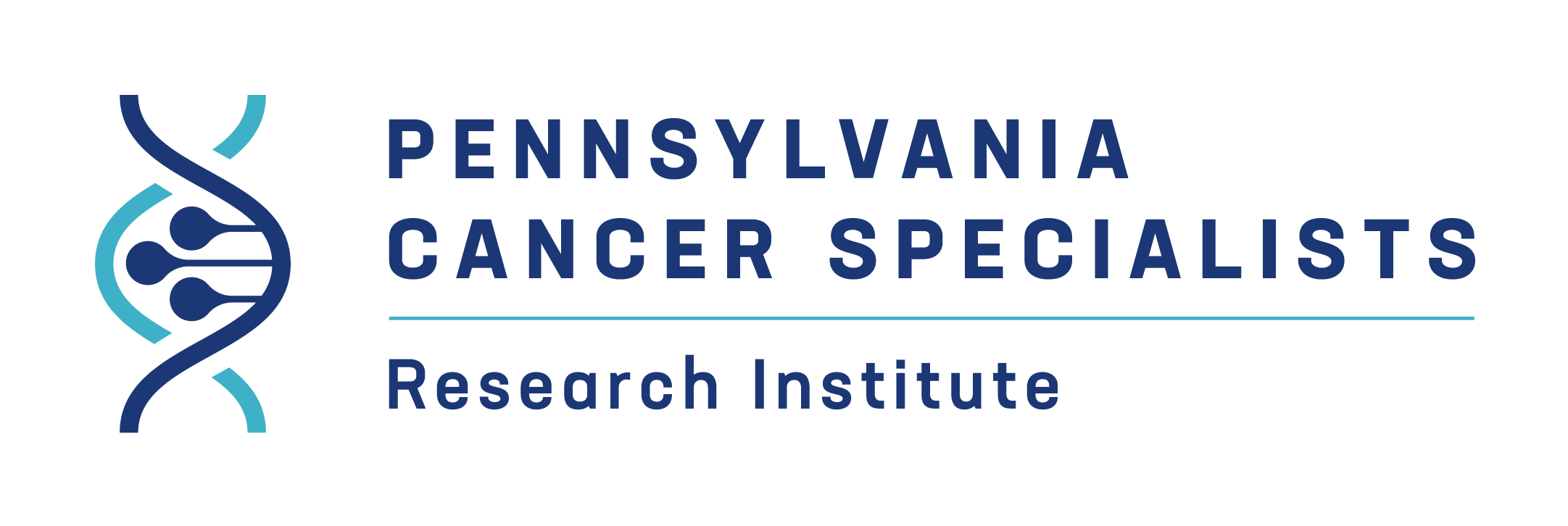Patient-Centered Care: Customizing Cancer Treatments for Better Outcomes
Cancer is a unique, deeply personal battle. One-size-fits-all solutions often fall short, as patients’ physical, emotional, and social needs vary greatly. Patient-centered care tailors treatments to each individual's circumstances, improving outcomes and quality of life.
Whether you're a patient, caregiver, or a healthcare professional, this article outlines how patient-centered approaches in cancer care are revolutionizing treatment and delivering more meaningful results.
Understanding Patient-Centered Care
Patient-centered care involves putting patients at the heart of decision-making and tailoring treatments to their needs, preferences, and values. It's about treating the whole person, not just the disease.
Principles of Patient-Centered Care
Holistic Approach: Balancing medical treatment with emotional and psychological support.
Collaborative Decision-Making: Empowering patients to have a voice in their care plan.
Personalization: Recognizing that every patient’s cancer journey is unique.
Challenges in Traditional Cancer Treatments
Traditional treatments often follow standardized protocols, focusing more on the disease than the patient.
Limitations of the One-Size-Fits-All Approach
Emotional Well-being: Rigid treatments can ignore emotional stressors that impact survival and quality of life.
Missed Personalization: Genetics, lifestyle, and environment differ, making uniform treatments less effective.
Reduced Patient Engagement: Patients who feel excluded from decisions may be less likely to follow treatment plans.
Customizing Cancer Treatments
Medical advancements allow for highly personalized care through genomic insights, technology, and comprehensive support.
Advances in Personalized Medicine
Genomic Testing: Identifying genetic markers in tumors enables tailored treatments targeting a specific cancer type.
Immunotherapy: Stimulating patients’ immune systems to specifically attack cancer cells while minimizing harm to healthy tissue.
Precision Medicines: Developing drugs tailored to specific genetic profiles ensures higher efficacy.
The Role of Patients and Caregivers
Empowering Patients: Educating patients about their diagnoses and treatment options allows them to take an active role in their care. Open communication with healthcare teams strengthens trust and ensures patients' voices are heard.
Support for Caregivers: Cancer affects families and caregivers, too. Support programs, including counseling and respite care, ease their burden.
Benefits of Patient-Centered Care
Shifting to patient-centered approaches has profound medical and emotional benefits.
Improved Quality of Life: Patients experience reduced stress and anxiety when their care is designed around their specific physical, mental, and emotional needs.
Better Treatment Outcomes: Tailored approaches, coupled with innovative treatments, enhance effectiveness and overall patient survival rates.
Implementing Patient-Centered Care in Healthcare Settings
- Helping patients overcome barriers by aligning insurance reimbursements and addressing staff shortages.
- Regularly collecting patient feedback to understand their evolving needs.
- Developing care teams that collaborate with patients and families to co-create treatment plans.
- Training staff to recognize patients’ emotional and social needs as part of their care.
Patient-Centered Care FAQ
What is patient-centered care for cancer patients?
A holistic approach tailoring cancer care to an individual’s needs, ensuring communication and coordination across primary care and oncology.
What are the 4 C's of patient-centered care?
Communication, Coordination, Continuous Care, and Compassionate Care. These elements enhance quality and patient experience.
What are the five key elements of patient-centered care?
Respecting values, clear communication, coordinated care, comprehensive treatment plans, and continuous support.
What is an example of patient-centered care?
A provider collaborates with a patient and family to develop a personalized treatment plan integrating primary care, oncology, and survivorship strategies.
Why is person-centered care important in oncology?
It customizes treatment to meet individual needs, improving outcomes, satisfaction, and overall patient experience.
Personalized Care with PCSRI
For over 25 years, the Pennsylvania Cancer Specialists & Research Institute has provided innovative, individualized treatments that enhance outcomes and quality of life.
We believe every patient deserves to feel heard, valued and cared for in their battle against cancer. Schedule a consultation with us today to learn how personalized care can make all the difference.


